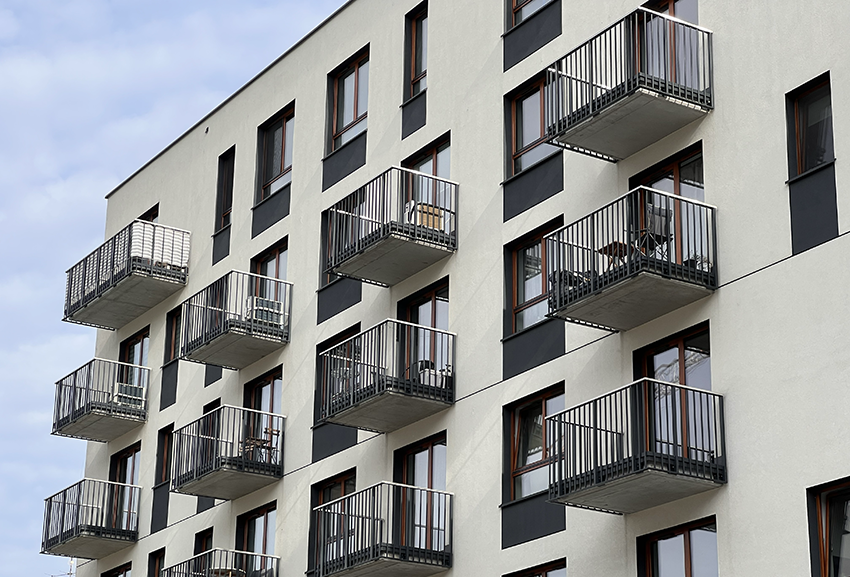Czech public wants greater state investment in affordable housing over transport
A recent survey conducted by residential developer Central Group reveals that 85% of Czech citizens believe the state should invest in affordable housing at least as much as it does in transport infrastructure. However, this sentiment contrasts sharply with current public spending. While approximately CZK 110 billion is being invested in transport projects this year, only a few billion crowns are allocated to public rental housing construction.
The survey, which gathered responses from 500 people across the Czech Republic, was presented at the Construction Industry Leaders Meeting. It shows that 51% of respondents believe housing and transport should receive equal investment priority, while 34% think affordable housing should be the higher priority.
Central Group founder Dušan Kunovský, citing these findings, criticised the imbalance in state investment, arguing that housing affordability remains one of the country’s most pressing challenges. He noted that despite public demand, government policy continues to focus disproportionately on transport. He warned that this imbalance could become a decisive issue in upcoming elections.
Central Group alone is currently investing over CZK 25 billion into residential projects in Prague, building more than 3,000 new apartments. This investment is more than three times the CZK 9 billion the state has allocated nationwide through the State Investment Support Fund and the National Development Bank. The developer also plans to begin construction on over 1,000 additional apartments this year.
The company argues that meaningful improvement in housing availability requires increased public sector involvement, not just in funding but also in organisational capacity. Unlike transport, which benefits from the support of the Transport and Energy Construction Authority (DESÚ), large-scale residential development lacks a similar institutional framework.
Kunovský advocates for a more collaborative model involving the private sector. One example is the DESIGN-BUILD system from the Initiative for Affordable Housing, which uses standardised designs to support efficient and scalable public construction.
He emphasises that new public housing projects alone are not enough. Speeding up permitting processes, reforming spatial planning, and reducing overregulation in the construction industry are also essential. Without these systemic changes, progress in improving housing affordability will remain limited.
Central Group has long called attention to the worsening housing situation and identifies four main areas requiring reform: faster and simpler permitting processes, reduced construction regulation, improved spatial planning to unlock more building land, and stronger municipal involvement in affordable housing development. These priorities align with recommendations made by the National Economic Council of the Government (NERV).
According to Kunovský, these steps are necessary to address the long-standing imbalance between demand and supply, which continues to push home ownership and rental costs out of reach for many residents across the country.









